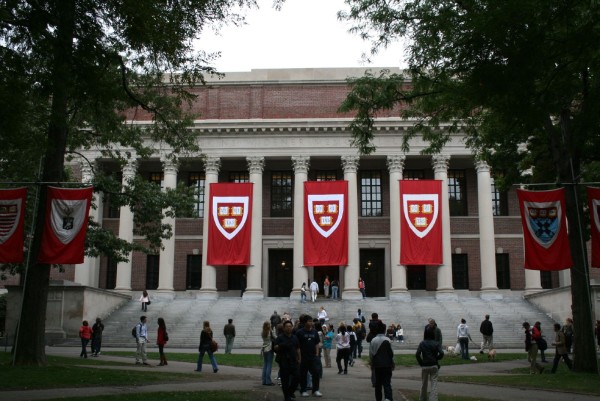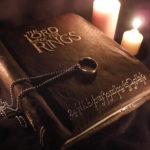Why Your Life Does Not Belong to You
by Bishop Robert Barron
Filed under Atheism, Morality
It was revealed this week that, for the first time in its history, Harvard University, which had been founded for religious purposes and named for a minister of the Gospel, has admitted a freshman class in which atheists and agnostics outnumber professed Christians and Jews. Also this week, the House and the Senate of California passed a provision that allows for physician assisted suicide in the Golden State. As I write these words, the governor of California is deliberating whether to sign the bill into law. Though it might seem strange to suggest as much, I believe that the make-up of the Harvard freshman class and the passing of the suicide law are very really related.
I suppose we shouldn’t be too surprised that non-believers have come to outnumber believers among the rising cohort of the American aristocracy. For the whole of their lives, these young people have been immersed in the corrosive acids of relativism, scientism, and materialism. Though they have benefitted from every advantage that money can afford, they have been largely denied what the human heart most longs for: contact with the transcendent, with the good, true, and beautiful in their properly unconditioned form. But as Paul Tillich, echoing the Hebrew prophets, reminded us, we are built for worship, and therefore in the absence of God, we will make some other value our ultimate concern. Wealth, power, pleasure, and honor have all played the role of false gods over the course of the human drama, but today especially, freedom itself has emerged as the ultimate good, as the object of worship. And what this looks like on the ground is that our lives come to belong utterly to us, that we become great projects of self-creation and self-determination.
As the Bible tells it, the human project went off the rails precisely at the moment when Adam arrogated to himself the prerogative of determining the meaning of his life, when he, in the agelessly beautiful poetry of the book of Genesis, ate of the fruit of the knowledge of good and evil. Read the chapters that immediately follow the account of the Fall, and you will discover the consequences of this deified freedom: jealousy, hatred, fratricide, imperialism, and the war of all against all. The rest of the Biblical narrative can be interpreted as God’s attempt to convince human beings that their lives, in point of fact, do not belong to them. He did this precisely by choosing a people whom he would form after his own mind and heart, teaching them how to think, how to behave, and above all, how to worship. This holy people Israel—a word that means, marvelously, “the one who wrestles with God”—would then, by the splendor of their way of life, attract the rest of the world. On the Christian reading, this project reached its climax in the person of Jesus Christ, a first-century Israelite from the town of Nazareth, who was also the Incarnation of the living God. The coming-together of divinity and humanity, the meeting of infinite and finite freedom, Jesus embodies what God intended for us from the beginning.
And this is precisely why Paul, one of Jesus’ first missionaries, announced him as Kyrios (Lord) to all the nations, and why he characterized himself as doulos Christou Iesou (a slave of Christ Jesus). Paul exulted in the fact that his life did not belong to him, but rather to Christ. In his letter to the Ephesians, he wrote, “there is a power already at work in you that can do infinitely more than you can ask or imagine.” He was referencing the Holy Spirit, which orders our freedom and which opens up possibilities utterly beyond our capacities. To follow the promptings of this Spirit is, for Paul and for all the Biblical authors, the source of life, joy, and true creativity.
All of which brings me back to Harvard and legalized suicide. The denial of God—or the blithe bracketing of the question of God—is not a harmless parlor game. Rather, it carries with it the gravest implications. If there is no God, then our lives do indeed belong to us, and we can do with them what we want. If there is no God, our lives have no ultimate meaning or transcendent purpose, and they become simply artifacts of our own designing. Accordingly, when they become too painful or too shallow or just too boring, we ought to have the prerogative to end them. We can argue the legalities and even the morality of assisted suicide until the cows come home, but the real issue that has to be engaged is that of God’s existence.
The incoming freshman class at Harvard is a disturbing omen indeed, for the more our society drifts into atheism, the more human life is under threat. The less we are willing even to wrestle with God, the more de-humanized we become.
Related Posts
Note: Our goal is to cultivate serious and respectful dialogue. While it's OK to disagree—even encouraged!—any snarky, offensive, or off-topic comments will be deleted. Before commenting please read the Commenting Rules and Tips. If you're having trouble commenting, read the Commenting Instructions.













